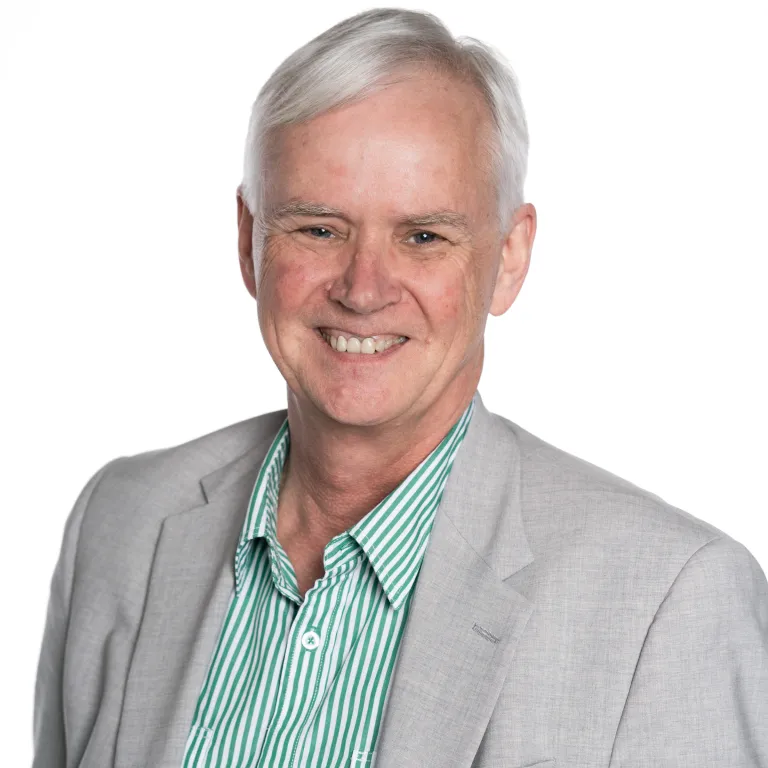
Jeremy Webber
Profile
Professor Webber’s research explores the constitutional structure of democratic governance with a keen eye for the challenges and opportunities of cultural diversity. The great task of any society is how to affirm principles and rules to govern society – how to maintain mechanisms for making public decisions that can claim to be legitimate – in the face of continual disagreement over what those principles should be. In highly diverse societies, disagreement is often grounded in different cultures of social debate and decision, indeed often in different practical ways of life. The process of engaging with those differences is difficult, essential, and exhilarating. It forces us to reconsider preconceptions. It reveals aspects of our lives that we might otherwise overlook. It challenges us to find ways to live together, in peace and respect, with people who are different from ourselves. Professor Webber has explored those issues across the domains of labour relations, the interaction between Quebec and the rest of Canada, indigenous rights in Canada and Australia, issues of nationhood and cultural minorities generally, and questions of constitutional design and interpretation, publishing widely in all these fields.
Professor Webber was raised in British Columbia. He has degrees from University of British Columbia (B.A. Political Science), McGill University (LLB and BCL), and Osgoode Hall Law School (LLM). He taught at McGill University from 1987 to 1998, in a faculty that drew value from the fact that it internalized the encounter between two major legal traditions (common law and civil law) and among Canada’s linguistic, cultural and political communities. He was then recruited to be dean of law at the University of Sydney. Professor Webber had a long association, personal and professional, with Australia. His time at Sydney enabled him to speak to constitutional theory in a new context and to contribute, as dean, to a very fine faculty of law. In 2002 he returned to take up the Canada Research Chair in Law and Society at the University of Victoria, attracted by that faculty’s quality, its commitment to social justice, its engagement with indigenous traditions of law and social order, and its desire to bring those lessons into political and legal theory. He was appointed dean of law of the University of Victoria in 2013.

